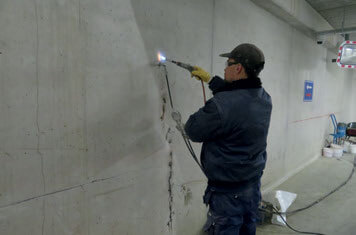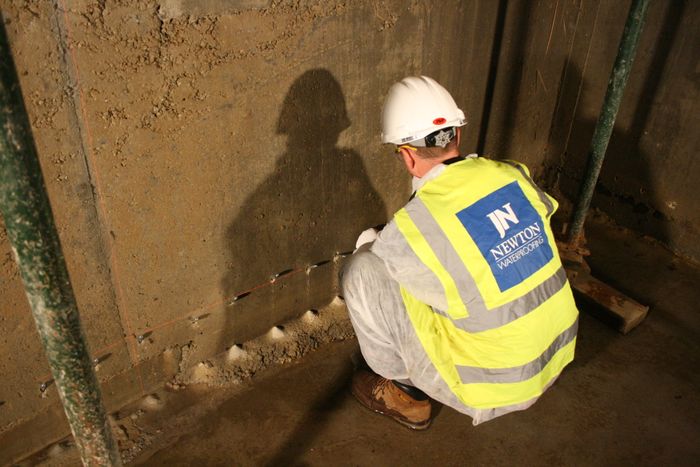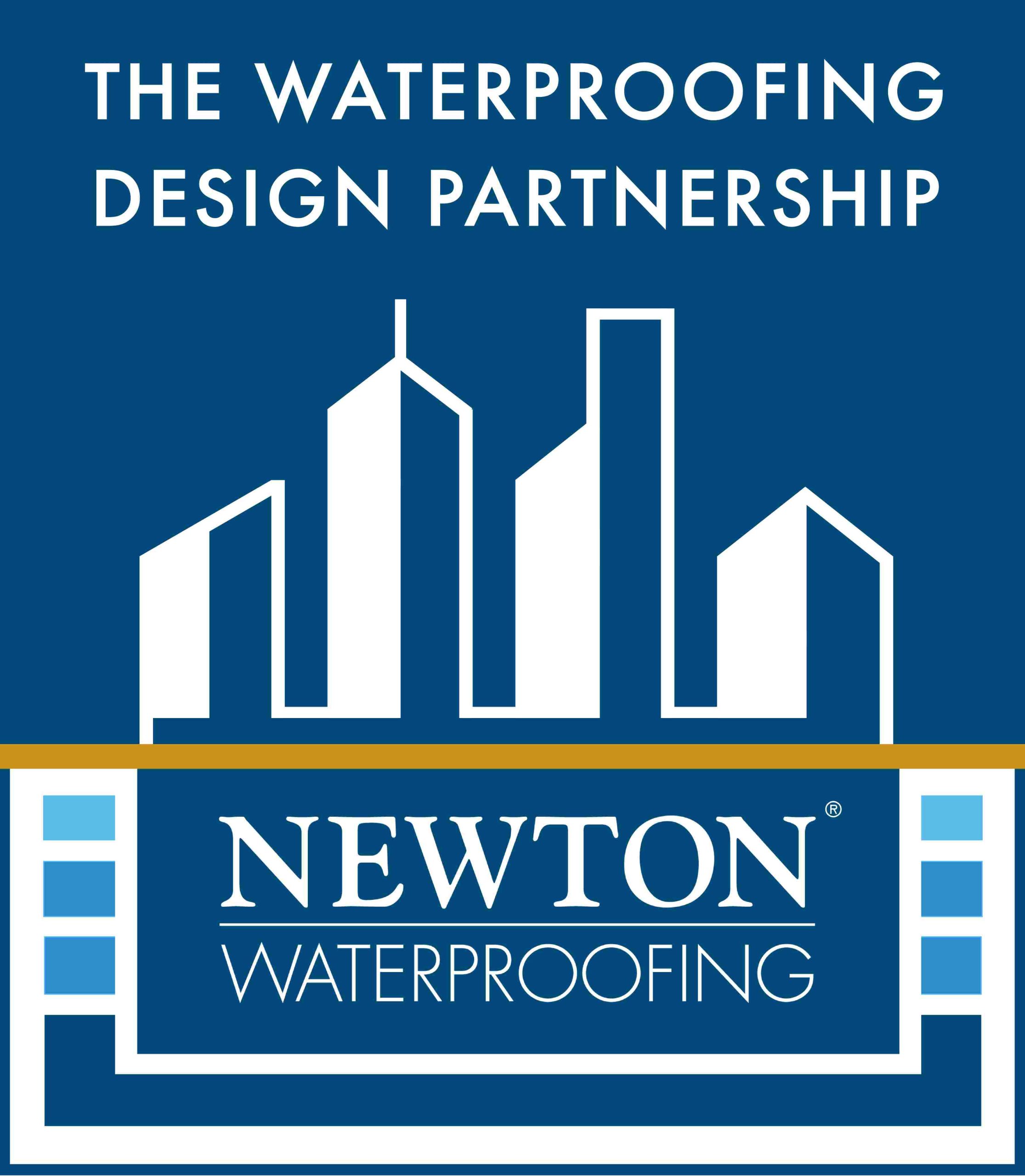01732 496 523
Generally speaking, there are three main objectives for the use of resin injection technology: water sealing, structural repair, and/or soil stabilisation.
In this article “water sealing” is used as a general term that includes crack repair, joint repair with local curtain injection, and the use of injection hoses. Cracks in structures typically occur from stresses that are imposed from the ground surrounding it, whether that be as a result of loading, expansion, ground movement or shrinkage.
Overall, when water sealing, resin injection can be an effective technique in a variety of structures and scenarios, including:
- Basements
- Underground car parks
- Tunnels
- Bridges
- Public buildings
- Water treatment facilities
- Construction sites
Three Types of Resins
There are three main types of resins, each with varying qualities that can be utilised for projects with different requirements. These are:
- Polyurethane (PU) resins
- Acrylic resins
- Epoxy resins
Polyurethane resins are suitable for temporary water sealing and react quickly in contact with water to stop the flow by foaming and expanding within the given space.
Acrylic resins are suitable for water sealing and specifically useful for installing via injection hose systems, permanently sealing the fine cracks and joints in concrete structures.
Epoxy resins are suitable for structural repairs and ideal for repairing dry cracks where there is no water flow, as the resin forms a rigid seal once it is cured.
Water Sealing – Crack Repair
There are several scenarios in which the correct application of the relevant TRADECC injection resins can provide a solution for sealing the structure against water.
Scenario 1 – A Structure Facing High Water Pressure
A damaged structure facing high water pressure will have cracks that permit water to penetrate. The best solution would therefore include a PU resin with a high foaming factor, such as PC Leakinject UNI 6816 E, or PC Leakinject 2K FLEX 6812 LV.
| PC Leakinject UNI 6816 E | PC Leakinject 2K FLEX 6812 LV |
|
|
|
Scenario 2 – A Structure Facing Low Water Pressure
If structural cracks are faced with unpressurised water, they can be permanently sealed against water ingress using an acrylic resin such as PC 509 Z Acryl, or temporarily sealed using a PU resin such as PC Leakinject 2K FLEX 6811 LV, or PC Leakinject Hydrogel 6880.
| PC 509 Z Acryl | PC Leakinject 2K FLEX 6811 LV | PC Leakinject Hydrogel 6880 |
|
||
|
||
|
For a structure with wet cracks that are facing medium water pressure, we would recommend PC Leakinject FLEX 6870, which is a single-component, low viscosity polyurethane resin that reacts with water to create a flexible foam, expanding up to 800% of its original mass.
Scenario 3 – Water Sealing and Joint Repair
TRADECC’s PC 509 Rubber Acryl or PC Leakinject FLEX 6890 are the best resins for sealing and repairing structural joints against water. PC Leakinject FLEX 6890 is good for temporary joint repair, due to its flexibility, whilst PC 509 Rubber Acryl is the best option when permanent joint sealing is necessary.
| PC 509 Rubber Acryl | PC Leakinject FLEX 6890 |
|
|
|
Scenario 4 – Injection Hose Systems
When a waterproofing project requires an injection hose system to waterproof the construction joints, the hose is pre-installed before the concrete is poured. Afterwards, if leakage occurs through the concrete, resins can be injected into the structure to fill any cracks and imperfections.
| PC Injectra (Injection Hose) | PC 509 ZL Acryl |
|
|
|
Scenario 5 – Structural Repair and Crack Injection
As previously mentioned, epoxy resins form a rigid seal, making them ideal for repairing dry cracks in concrete. Epoxy resins also have a long shelf life and provide an easy, one-step injection process.
| PC Structo Inject 1380 | PC Structo Inject 1390 |
|
|
Summary
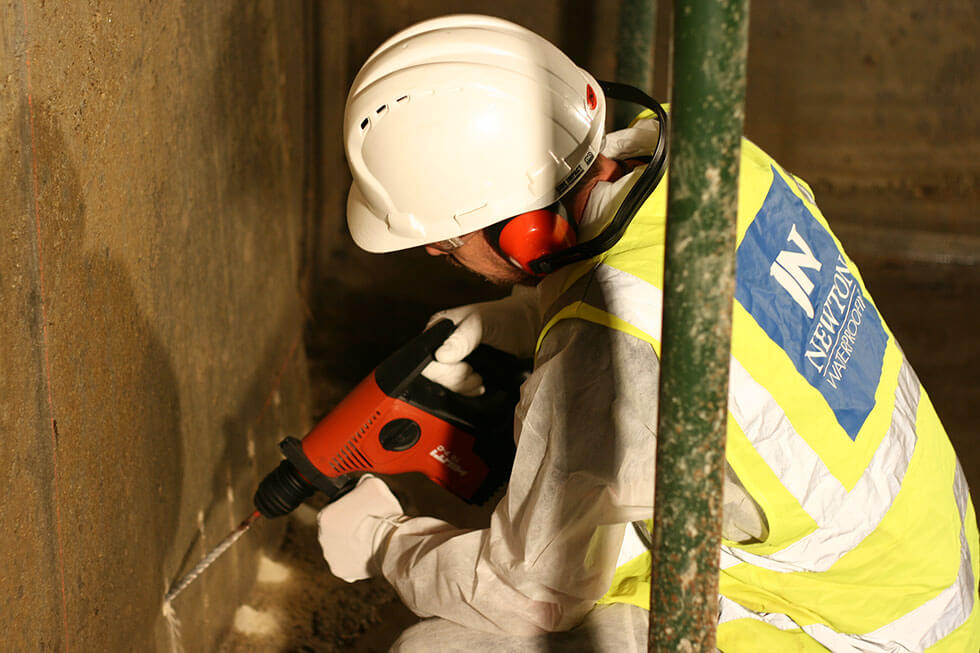 In summary, for crack repairs where there are high levels of water ingress, a polyurethane resin such as PC Leakinject UNI 6816 E or FLEX 6870 provides the ideal solution. In contrast, a crack repair project where there is high humidity could be resolved with either PC Leakinject 2K FLEX 6811 LV, or an acrylic resin such as PC 509 Z Acryl.
In summary, for crack repairs where there are high levels of water ingress, a polyurethane resin such as PC Leakinject UNI 6816 E or FLEX 6870 provides the ideal solution. In contrast, a crack repair project where there is high humidity could be resolved with either PC Leakinject 2K FLEX 6811 LV, or an acrylic resin such as PC 509 Z Acryl.
Similarly, joint repairs can be resolved with either the acrylic PC 509 Rubber Acryl or the PU PC Leakinject FLEX 6890. If an injection hose system is required, then the best resin to utilise would be the acrylic PC 509 ZL Acryl. In general, acrylic resins will provide a more permanent water sealing than polyurethane resin.
However, if a structural repair is required to dry concrete, an epoxy resin such as PC Structo Inject 1380 is best suited.
Please be aware that the scenarios above are ultimately a theoretical explanation of the injection technology that is available for water sealing and concrete repair. In practice, the decision of which resin to choose will depend on the unique scenario present at each individual project, which will undoubtedly have various circumstances that will need to be considered.
Find out more information on concrete injection resins and our partnership with TRADECC. To speak to one of our expert Technical Team for advice on your waterproofing project, please call 01732 360 095 or email tech@newtonwaterproofing.co.uk.
Customer Success Stories
Our latest customer reviews from Feefo - the award winning review platform
 view all reviews
view all reviews
Speak to our friendly, expert team
Our staff are able to provide guidance for projects of all sizes, whether you require some general advice about damp or waterproofing, or support with technical drawings and specifications.




